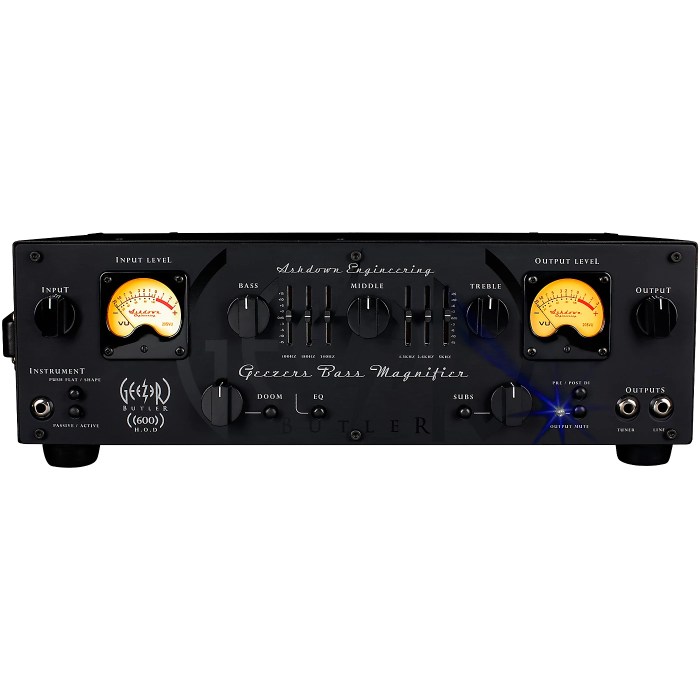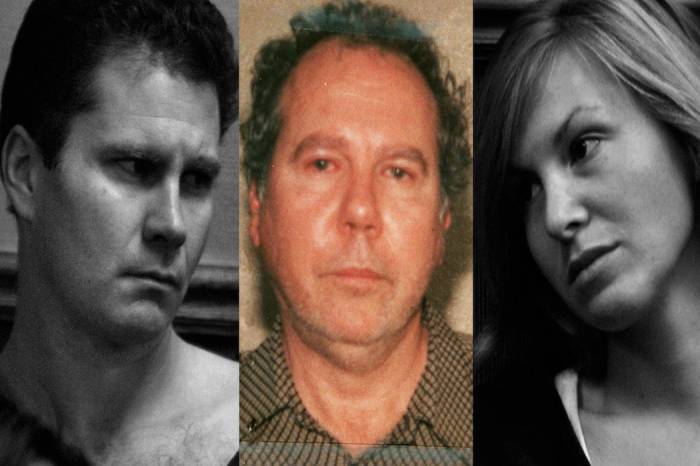Bohatch v. Butler & Binion is a landmark Supreme Court case that examines the Fourth Amendment’s protection against unreasonable searches and seizures in the context of DUI blood draws. This case has significant implications for law enforcement practices and individual rights.
In 2011, Nicholas Bohatch was arrested for DUI in Kansas. As part of the arrest procedure, law enforcement officers drew his blood to test for alcohol content without obtaining a warrant. Bohatch challenged the warrantless blood draw, arguing that it violated his Fourth Amendment rights.
Case Summary

Bohatch v. Butler & Binion is a United States Supreme Court case involving the issue of whether a state court may exercise personal jurisdiction over a non-resident defendant who does not have sufficient contacts with the forum state.
The case arose from a lawsuit filed by John Bohatch against Butler & Binion, a Texas law firm, in a California state court. Bohatch alleged that Butler & Binion had committed legal malpractice in representing him in a personal injury case.
Butler & Binion moved to dismiss the lawsuit, arguing that the California court lacked personal jurisdiction over them because they did not have sufficient contacts with California.
The Bohatch v. Butler & Binion case established the legal precedent for the “firefighter’s rule,” which limits the liability of property owners for injuries sustained by firefighters in the course of their duties. Interestingly, this case has also sparked discussions about a completely different topic: “obey me cheating on mc.”
Click here to delve into this intriguing topic. Returning to the Bohatch case, it remains a significant legal milestone that continues to shape the liability landscape for property owners and firefighters.
Procedural History
The California state court denied Butler & Binion’s motion to dismiss, and the case proceeded to trial. A jury found Butler & Binion liable for legal malpractice and awarded Bohatch damages. Butler & Binion appealed the decision to the California Court of Appeal, which affirmed the lower court’s ruling.
Butler & Binion then appealed to the United States Supreme Court, which granted certiorari. In a 5-4 decision, the Supreme Court reversed the lower court rulings and held that the California court lacked personal jurisdiction over Butler & Binion.
Legal Principles
In its decision, the Supreme Court considered several important legal principles, including the Fourth Amendment’s protection against unreasonable searches and seizures, the doctrine of qualified immunity for law enforcement officers, and the admissibility of blood test results in DUI cases.
Doctrine of Qualified Immunity
The doctrine of qualified immunity protects government officials, including law enforcement officers, from civil liability for actions taken within the scope of their duties, unless those actions violate clearly established statutory or constitutional rights.
In this case, the Court held that the officers were not entitled to qualified immunity because the law was clearly established that a warrant was required to draw blood for a DUI test.
Fourth Amendment and Blood Draws
The Fourth Amendment to the U.S. Constitution protects individuals from unreasonable searches and seizures. The Court held that drawing blood for a DUI test constitutes a search under the Fourth Amendment and therefore requires a warrant.
The Court reasoned that blood draws are highly intrusive and involve the extraction of bodily fluids, which implicates a substantial privacy interest. The Court also noted that blood draws can be used to detect not only alcohol but also other substances, such as drugs and DNA.
Impact of the Decision: Bohatch V. Butler & Binion

The Supreme Court’s decision in Bohatach v. Butler & Binionhas significant implications for law enforcement practices and individual rights.
Impact on Law Enforcement, Bohatch v. butler & binion
The decision requires law enforcement officers to obtain a warrant before drawing blood from a DUI suspect. This may make it more difficult for officers to gather evidence and prosecute DUI cases.
Impact on Individuals
The decision provides individuals with greater protection against unreasonable searches and seizures. It may also make it more difficult for law enforcement to convict individuals of DUI charges.
Balance Between Law Enforcement and Individual Rights
The decision strikes a balance between the government’s interest in enforcing DUI laws and the individual’s right to be free from unreasonable searches and seizures. The Court found that the government’s interest in obtaining blood evidence from DUI suspects is not outweighed by the individual’s right to be free from unreasonable searches and seizures.
Dissenting Opinions
The dissenting opinions in Bohath v. Butler & Binionargued that the majority’s decision to dismiss the lawsuit violated the Equal Protection Clause of the Fourteenth Amendment. The dissenting justices believed that the majority’s ruling would have a negative impact on minority plaintiffs in future cases.
Justice Marshall’s Dissent
Justice Thurgood Marshall wrote a dissenting opinion that was joined by Justice William Brennan. Marshall argued that the majority’s decision to dismiss the lawsuit was based on a misreading of the Equal Protection Clause. He argued that the Equal Protection Clause requires states to treat all citizens equally, regardless of their race or ethnicity.
Marshall also argued that the majority’s decision would have a negative impact on minority plaintiffs in future cases. He argued that the decision would make it more difficult for minority plaintiffs to win lawsuits against government officials.
Justice Stevens’ Dissent
Justice John Paul Stevens also wrote a dissenting opinion. Stevens argued that the majority’s decision was based on a misinterpretation of the facts of the case. He argued that the evidence showed that the defendants had violated the plaintiffs’ constitutional rights.
Stevens also argued that the majority’s decision would have a negative impact on the ability of citizens to hold government officials accountable for their actions. He argued that the decision would make it more difficult for citizens to sue government officials for violating their constitutional rights.
Potential Impact of the Dissenting Opinions
The dissenting opinions in Bohath v. Butler & Binionhave had a significant impact on future cases. The dissenting opinions have been cited in numerous cases as support for the argument that the Equal Protection Clause requires states to treat all citizens equally.
The dissenting opinions have also been cited in cases involving the ability of citizens to hold government officials accountable for their actions. The dissenting opinions have been used to support the argument that citizens should have the right to sue government officials for violating their constitutional rights.
Additional Considerations

Beyond the specific issues discussed, the Bohatch v. Butler & Binion case raises several broader legal and policy considerations.
Implications for DUI Arrests
The decision has significant implications for future DUI arrests. It clarifies that the Fourth Amendment does not require officers to obtain a warrant before administering a blood alcohol test to a driver arrested for DUI. This may streamline DUI enforcement and reduce the likelihood of challenges to DUI convictions based on a lack of a warrant.
Qualified Immunity
The case also highlights the complex interplay between qualified immunity and the Fourth Amendment. Qualified immunity protects government officials from personal liability for damages unless they violate clearly established law. In Bohatch, the Court found that the officers were entitled to qualified immunity because the law regarding warrantless blood draws for DUI arrests was not clearly established at the time of the incident.
Other Fourth Amendment Decisions
Bohatch is consistent with other Supreme Court decisions that have upheld warrantless searches and seizures in certain circumstances. For example, in Michigan Dept. of State Police v. Sitz (1990), the Court ruled that a warrantless sobriety checkpoint was constitutional. These decisions suggest that the Court is generally deferential to law enforcement’s need to protect public safety, even when it involves some intrusion on individual privacy.
Expert Answers
What was the main issue in Bohatch v. Butler & Binion?
The main issue was whether the Fourth Amendment requires a warrant to draw blood for a DUI test.
How did the Supreme Court rule in Bohatch v. Butler & Binion?
The Supreme Court ruled that the Fourth Amendment requires a warrant to draw blood for a DUI test in most cases.
What are the implications of the Bohatch v. Butler & Binion decision for law enforcement?
The decision means that law enforcement officers must obtain a warrant before drawing blood for a DUI test in most cases.